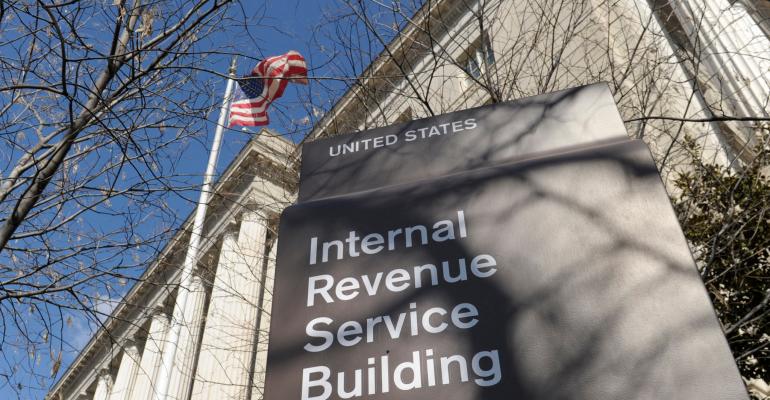Practitioners have been noticing that Internal Revenue Service procedures relating to lien releases have changed in the last nine months. In June 2016, the IRS (without any announcement) consolidated all responsibility for processing Forms 4422 (Application for Certificate Discharging Property Subject to Estate Tax Lien) within the Estate Tax Lien Group of the Advisory department of the IRS. Form 4422 is filed when an estate wishes to transfer assets prior to filing the Form 706 if those assets are subject to the estate tax lien under Internal Revenue Code Section 6324. Filing the form and obtaining a lien release was previously a routine matter, but since last June, the IRS has been requiring that the entire net proceeds from the sale of the property be deposited into an escrow account or into the estate’s estate tax account with the IRS. In addition, the IRS has also required the final determination of tax to be made before releasing the escrowed proceeds.
Over the past year, the Tax Section of the ABA has been working with the IRS to address the problems. Earlier this spring, the IRS issued a statement acknowledging that it’s reviewing its process and considering suggestions made by practitioners, and on April 5, the IRS issued a memorandum providing internal guidance on processing requests for discharging the estate tax lien. The memorandum notes that the goal of the lien discharge process is to permit the transfer of property free from the lien when it’s necessary to clear title and directs the IRS agents to consider whether the estate tax liability is adequately provided for, either through the prior receipt of estimated payments or the escrow of proceeds that are equivalent to the estate tax liability. If no tax is due, then a discharge without escrow should be permitted. This memorandum provides a more flexible approach that should facilitate the lien discharge in many situations.
Members of the Tax Section noted that the memorandum doesn’t address the release of a lien in advance of a transfer of real property. They advise that the IRS position is that it will grant the lien only to the extent necessary, and that means only after the transaction has closed, which may create some additional work for attorneys in orchestrating real estate transactions.





